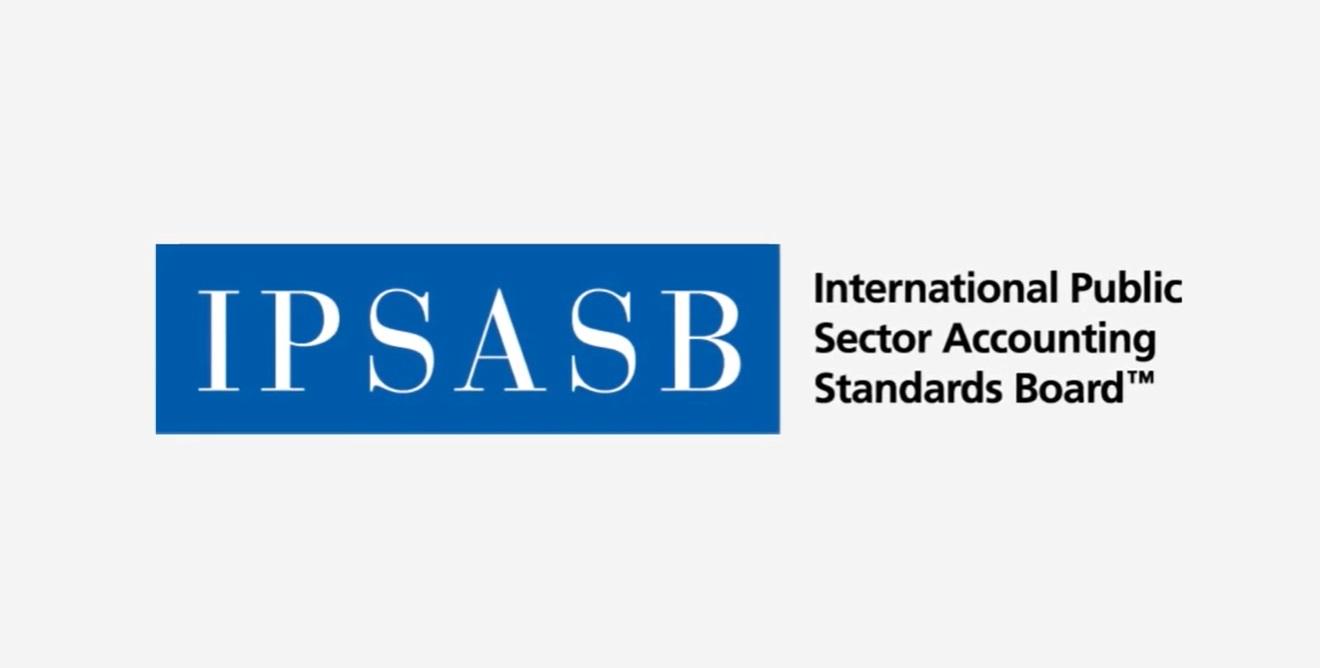EFRAG Aims to Cut Datapoints in European Sustainability Reporting Standards by at Least 50%
The European Financial Reporting Advisory Group (EFRAG) released a draft status report on its work to revise the European Sustainability Reporting Standards (ESRS) as part of the EU’s efforts to reduce sustainability reporting and compliance burdens on companies, with the organization revealing that it expects to reduce the number of datapoints required for CSRD reporting by more than half in its upcoming ESRS revision.
While anticipating a datapoint reduction “aiming at 50+ per cent,” EFRAG said that it believes that the revision will still preserve “the integrity of the core objectives of the CSRD.”
The update follows the release in late February of the European Commission’s Omnibus I package, aimed at significantly reducing the sustainability reporting and regulatory burden on companies, with proposals for major changes to a series of regulations including the CSRD, as well as the Corporate Sustainability Due Diligence Directive (CSDDD), the Taxonomy Regulation, and the Carbon Border Adjustment Mechanism (CBAM).
As part of the Omnibus package, the Commission proposed plans to revise the ESRS, with the aim of substantially reducing the number of data points required by the sustainability reporting standards.
EFRAG was mandated by the European Commission in June 2020 to prepare the initial ESRS, which were adopted by the Commission in 2023.
Following the release of the Omnibus package, the Commission mandated EFRAG with developing technical advice to revise the ESRS in line with the proposals simplification objectives. The Commission’s letter to EFRAG set a timeline of only seven months, with a deadline for the new advice of October 31, 2025.
In its update, EFRAG said that its burden reduction efforts will be conducted on the basis of evidence that has been gathered from preparers that have already implemented the standards and from investors and stakeholders that use sustainability statements. Based on evidence gathered, EFRAG noted that the ESRS currently contains “narrative datapoints that are too granular,” and that “many datapoints could either be deleted or moved to non-binding guidance without hindering the overall objective of yielding high-quality data by focusing on ‘core’ information.”
EFRAG said that it is looking at “adopting a less granular approach to narrative disclosures” in areas including policies, actions and targets, and at eliminating the least relevant datapoints, targeting “those that are not strictly necessary to meet the disclosure objectives.”
The update also focused on a series of key levers that EFRAG is pursuing in its efforts to simplify the ESRS. Key focus areas include simplifying the process of double materiality assessment (DMA), enabling better readability and conciseness of sustainability statements and better inclusion corporate reporting, and improving the understandability and clarity of the standards, among others. EFRAG also said that it is working to enhance interoperability between the ESRS and the IFRS sustainability standards.
Noting the tight timeline of the mandate to revise the ESRS, EFRAG’s update said that it would be willing to extend the duration of its consultation if the Commission would consider modifying the October 2025 deadline, noting that EFRAG “considers that a longer timeline could contribute to a more secure management of quality.”
Going forward, EFRAG currently expects to approve the Exposure Drafts for its technical ESRS advice in July for publication and feedback in August and September, with finalized advice scheduled to be delivered to the Commission in October.





